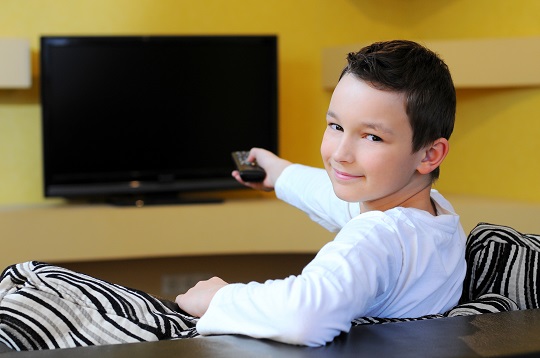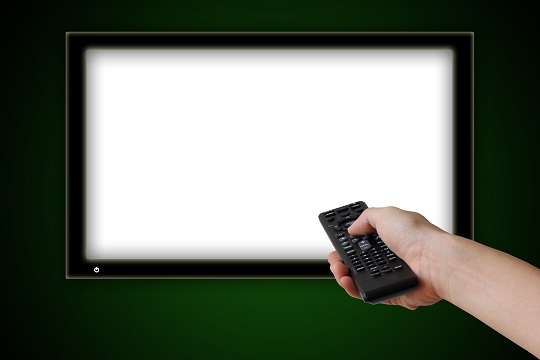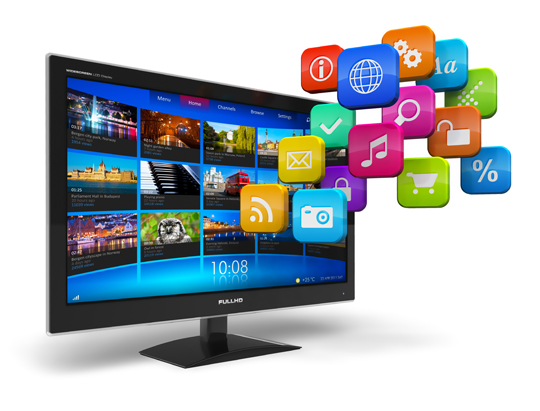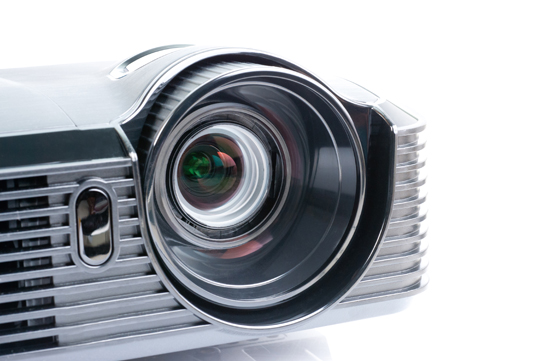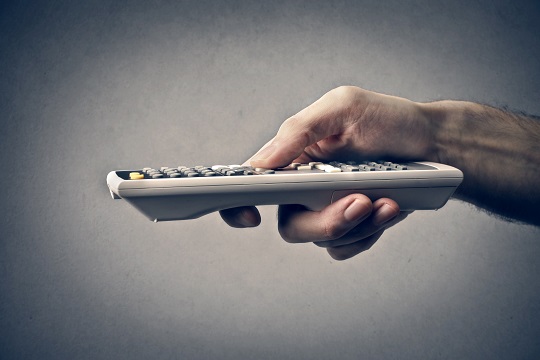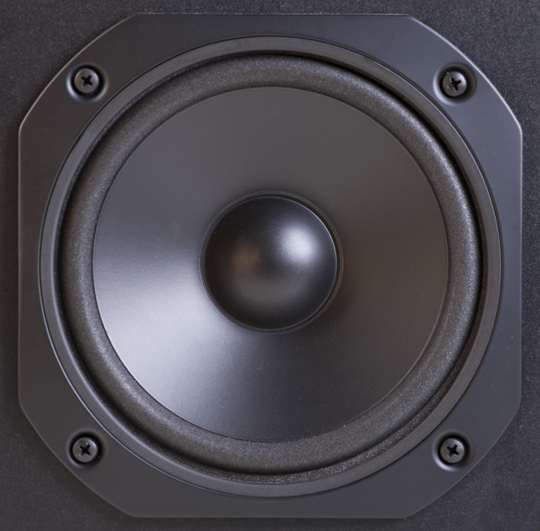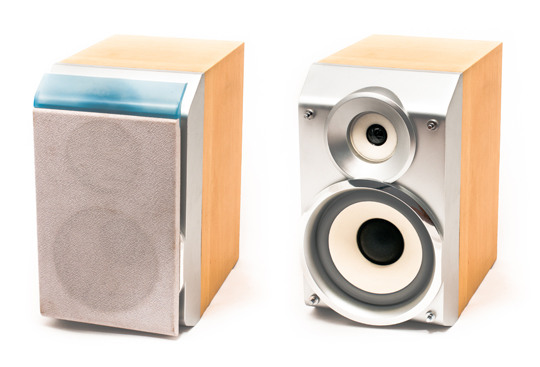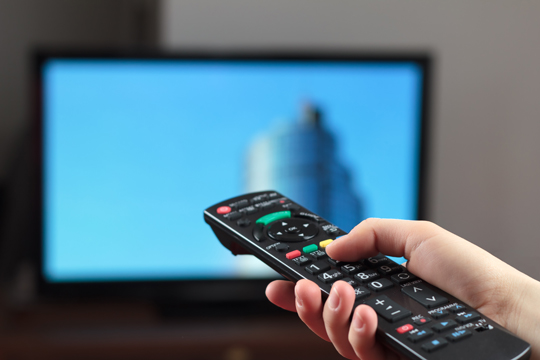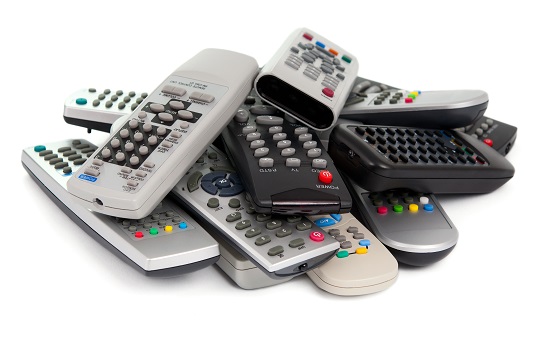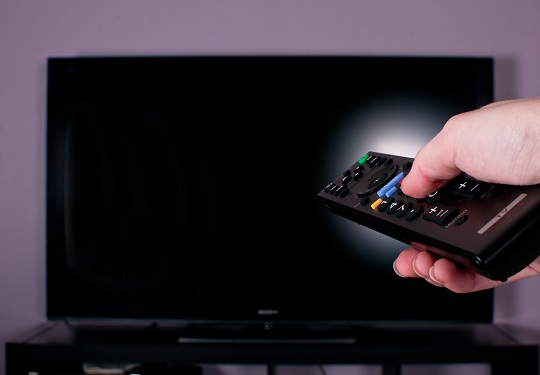The core of any good home entertainment system is an HDTV. This may include a plasma TV, an LCD TV, or a DLP television. Should you replace your DLP or buy a new LCD or plasma TV? That is a question that will depend on problems you experience. Various problems can cause you to consider a new TV to use for your home entertainment system.
Why Consider A New TV?
A TV that does not turn on or seems to turn off and on at random times has a power issue. The TV may be plugged into a faulty outlet or you may have a power strip that is not working correctly. A fault with the television itself may also be the cause of a power issue. A television that turns on and off may have a sleep timer turned on. Check the menu of the TV to check this issue. If you leave the television on for long periods of time, then it may overheat and shut down to cool.
The bulb used with the TV can cause problems with the display. If a bulb in your TV fails, then it does not have a source of light. This can result in a black screen when the TV is turned on. The bulbs for the TV will last between 1,000 and 3,000 hours. The lifespan of the lamp is based on the manufacturer and the brand of TV that is in use. Bulbs often receive excess wear if the unit it turned on and off constantly without letting the bulb cool down.
Picture problems with your television may involve lines in the screen or seeing dead pixels. These are issues that a professional will need to repair. If you see discoloration on your screen or distorted picture quality, then you need to adjust options in the picture menu. This can be done using the remove control for your TV.
Sound issues that occur with your television can include a buzzing or humming sound. This issue results from having the volume turned up too high and blowing the speakers. A repair technician can repair a sound issue with your television. Your issue may just involve the mute option being activated. Turn the mute off using your remote control.
So, should you replace your DLP or buy a new LCD or Plasma TV? To answer that, you will have to weigh the cost of repairing an older TV against simply buying a new one. After so many repairs, it can be easier, and less costly, to buy a new TV.
Find A TV Repair Professional
If you do not have the time to troubleshoot your TV, then contact TalkLocal to find a professional who can fix the problem. We will connect you with up to three professional in just minutes, so you can choose the professional who is right for you.

